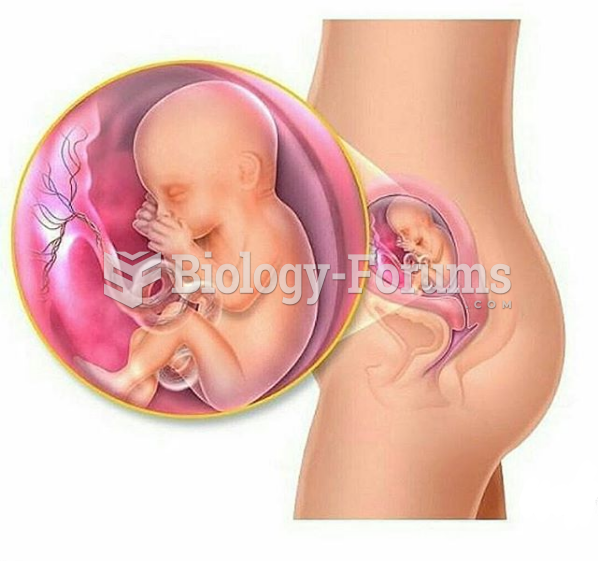Answer to Question 1
Answer: There are a number of methodological and theoretical problems inherent in Freuds work . Methodologically, Freud relied solely on case studies of a few patients and himself. All of his patients had serious psychological problems and he helped them remember childhood experiences that he then related to his theory. The potential for him to bias what patients remembered and how those memories were interpreted is obvious. Modern research committees would not approve this methodology as it involves biased sampling and biased methods. Much of Freuds theory is based on an assumption that the Oedipal complex starts from childrens (age 2-5) awareness of genital differences between sexes and feelings of inferiority that derive from that knowledge. When you ask 2-5 year olds about genitals, their awareness of differences between the sexes is vague and presents no evidence of feelings of superiority or inferiority even when they are aware of the differences. Research in morality suggests that boys and girls do not differ in their reasoning about morality. Freud theorized that girls would have a lack of superego development and that, in general, both sexes are able to reason morally much earlier than Freud believed possible.
One contemporary theorist, Jeffrey Mason, has presented evidence that at least some of Freuds patients were not fantasizing about early childhood sexual experiences, as Freud came to believe, but were actually remembering real experiences of childhood sexual abuse. There is the possibility that Freuds whole theory of child development is not one of average or normal development, but a model of the development of children who have been sexually abused.
Answer to Question 2
Answer: For Freud the central driving force in child development was the sexual instinct, and he called his model psychosexual development. As a child ages and develops, his or her psychic energy or libidinal urge changes focus, but each presents the child with a challenge in the tension between the drive for immediate sexual gratification and the demands of the world around them which are often at odds with this instinct. The infant or child feels tension in an erogenous zone that is different for different ages. Initially the focus is the mouth (oral phase), then the anus (anal phase), and eventually genitals (genital phase). In each phase, if a balance is achieved between id impulses and superego inhibition by the ego that allows for a level of gratification of the id impulse, then progress to the next stage is possible. If, however, there is either too much gratification or too little gratification at a given stage then the result is fixation where psychic energy is still devoted to that phase and progress to the next stage is impossible. This fixation at an unresolved stage will color the individuals adult personality and behavior patterns through symbolic behavior.







